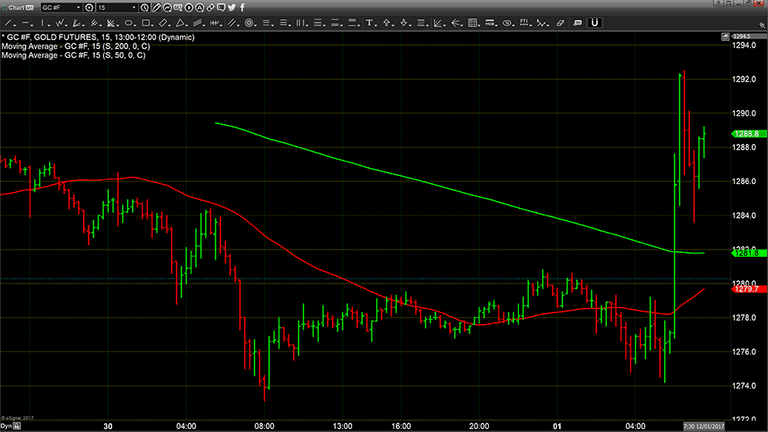Once it was thought that the level of intelligence increased with the development of technology, health standards and improvement of nutrition facilities. But the research carried out by the Ragnar Frisch Economic Research Center in Norway has reversed the situation.

#intelligence #brain #science #iq #flynneffect #academical #mind #smartness #iqscore #study #research
Bernt Bratsberg and Ole Rogeberg, who took part in the research team, mentioned this issue in the National Academy of Sciences Bulletins and stated that people's IQ test scores have been on the decline even if it happens with a slow acceleration in the last few decades.
Datas of 39 Years Have Been Studied.

Norwegian scientists, while the fact that their stating that the intellectual ability of people began to decline created a big fuss on the world's agenda , declared that they used , some 1970- 2009 IQ-test results of the Norwegian conscripts in the military as a study material for this research . The total number of test results studied was approximately
730 .000.
The increase in IQ observed during the first half of the twentieth century was named as the Flynn effect. Many dissertations were proposed to explain this phenomenon. Theoretically, among the factors affecting the “ increase in intelligence levels ” of people have been shown to be the improvement in nutrition facilities , health and education.
When Replaced Book with Electronic Devices, Our intelligence Score Dropped

According to estimations based on calculations, the level of intelligence decreases by 7 points per generation averagely. It is stated that besides,environmental factors, the decline in IQ may be in part related to the changes in the lifestyle of the people, It is also among the results of this research that to be hobnobbing with electronic devices rather than reading books may cause such a decline.
According To The Research, Fish Consumption is a Key Factor in the Increase And Decrease of IQ Level.

It was explained that children between 7 and 9 years old who eat fish at least once a week have an average IQ score 5 points higher than those who have less fish consumption. It is undeniable that various factors such as educational status, occupation and marital status of the families of the children participated in the research are considered to be affecting the results, but it is claimed as well that these factors are not as effective as fish.
We need to take fish eating advice more seriously. Maybe it's the fish lobby who knows? .
University of Vienna Disagrees with Norwegian Scientists

The results of this pessimistic research by Norwegian scientists are not shared by psychologists at the University of Vienna. According to them, there is no decrease in the level of intelligence, but the increase on the contrary continues . According to recent research by the psychologists, people's IQ level increases by three points per decade.
Martin Voracek and Jakob Pietschning, who explained the results of a study they carried out the magazine “ in Perspectives on Psycological Science”, compared the intelligence test results of the research in which a participation of more than 4 million people in 31 countries over a hundred-year period,took place and they revealed that the results obtained from the tests improved over time.
According to this, the children born 50 years ago are not able to solve the same problems as the children who are born today.
Here are the main factors; health, nutrition and technology. It is also highlighted that the link between this triangle and environmental factors should not be overlooked.
The Role of the Environmental Factors

Pietschning of the University of Vienna draws attention to the role of environmental impacts. Especially the development of nutrition and health services supports the increases in IQ level. However, he is not failing to warn despite this situation which seems to be positive , and pointing out the obesity threat.
Geographical difference

IQ level is dependent on geography as well
Flynn Effect

Flynn's effect which were initially found by James Flynn is the fact that the IQ scores, increases over time and this increase augments in general population with a certain level of stability .
The mean IQ scores of each generation increase steadily. Although IQ scores are not exact figures, this increase is observed when compared to the general population.
Thus, the average IQ score is 100 and this proves the fact that the same number of correct answers are given compared to the rest of the population.
Nice touch to mention the influence of the fish industry on Norwegian studies... as to the Austrian one, I never trust happy news without peer review. Almost all research these days is targeted and manipulative.
It's true that the Flynn Effect still exists, but not equally among all populations... and the average global IQ is not at all 100, it's 86. But all that only shifts attention from the real problem
https://steemit.com/intelligence/@jojof/humanity-vs-intelligence-or-how-to-create-a-new-species
jojof , what do u think of the average global IQ level. Do you think weighting the contributions of different geographies and cultures and genetics etc.. is somewhat subjective and unreliable to some extent , the way I think on this issue?